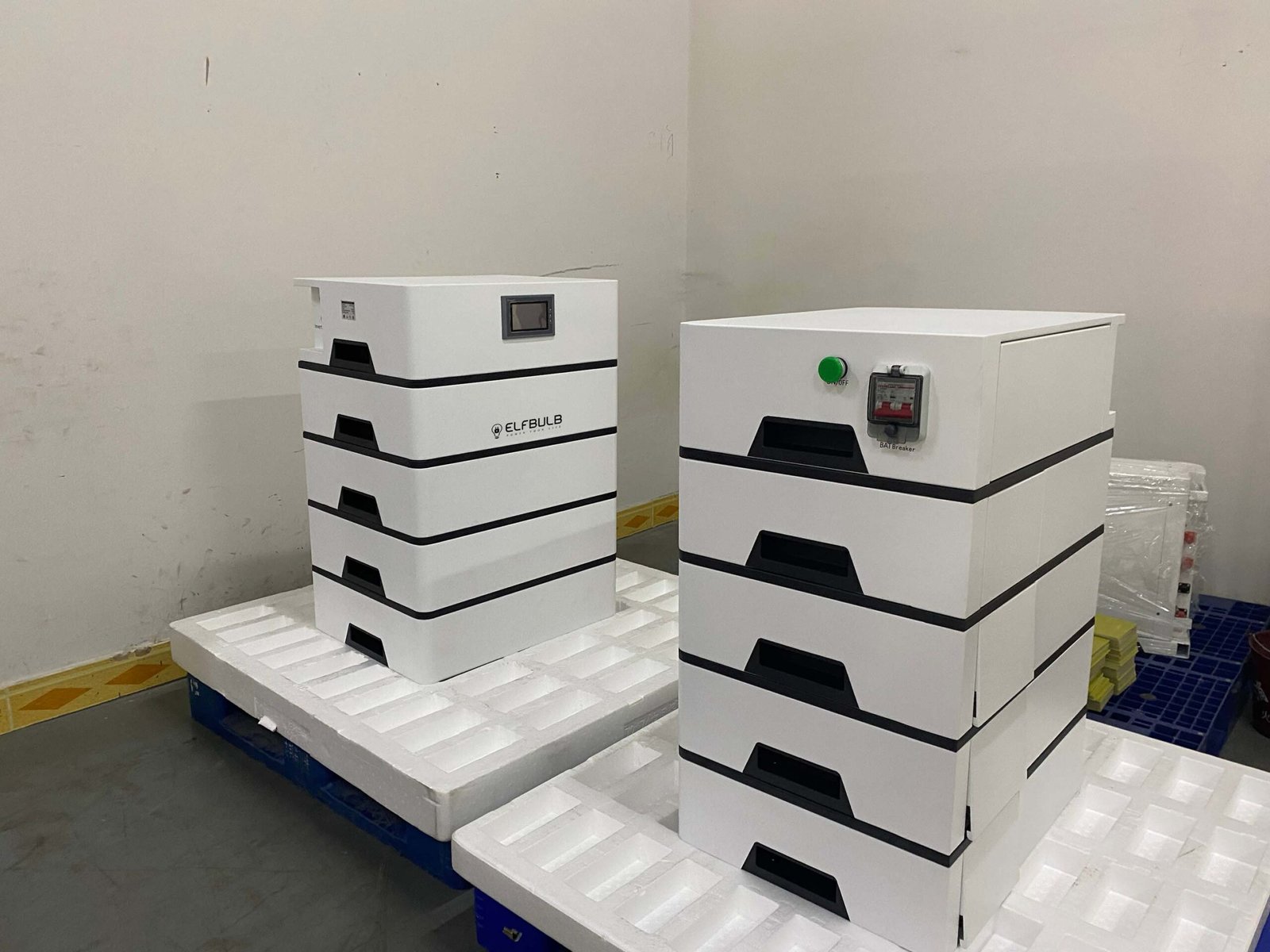In our daily life and work, the stability of power supply is crucial. To ensure the continuity of power supply, people have invented Uninterruptible Power Supply (UPS) and UPS batteries. So, what is the difference between UPS and UPS batteries? Let’s explore together.
What is UPS?
Uninterruptible Power Supply (UPS) is a power device that provides emergency power when the main power supply is interrupted. UPS can provide power in a short time (from a few milliseconds to a few minutes), which is crucial for preventing data loss, protecting hardware, and ensuring the normal operation of equipment.
What is UPS Battery?
The UPS battery is an important part of the UPS system. It is a storage device used to supply power when the main power supply is interrupted. The capacity of the UPS battery determines the length of time the UPS can supply power when the power supply is interrupted.

What are the differences between UPS and UPS batteries?
- Function: UPS is a complete system, which includes batteries, chargers, inverters, and other components. The UPS battery is just a part of this system, responsible for providing power when the power supply is interrupted.
- Lifespan: Generally, the lifespan of a UPS battery is shorter than that of UPS equipment. Therefore, it is necessary to regularly check and replace the UPS battery to ensure the normal operation of the UPS system.
- Price: UPS batteries are usually cheaper than the entire UPS equipment because they are just a part of the UPS system.
- Maintenance: UPS batteries need regular maintenance and replacement, while UPS equipment usually only needs to be repaired when there is a fault.
In summary, UPS and UPS batteries are closely related, but they differ in function, lifespan, price, and maintenance. Understanding these differences can help us better use and maintain these devices, thereby ensuring the stability of power supply.



